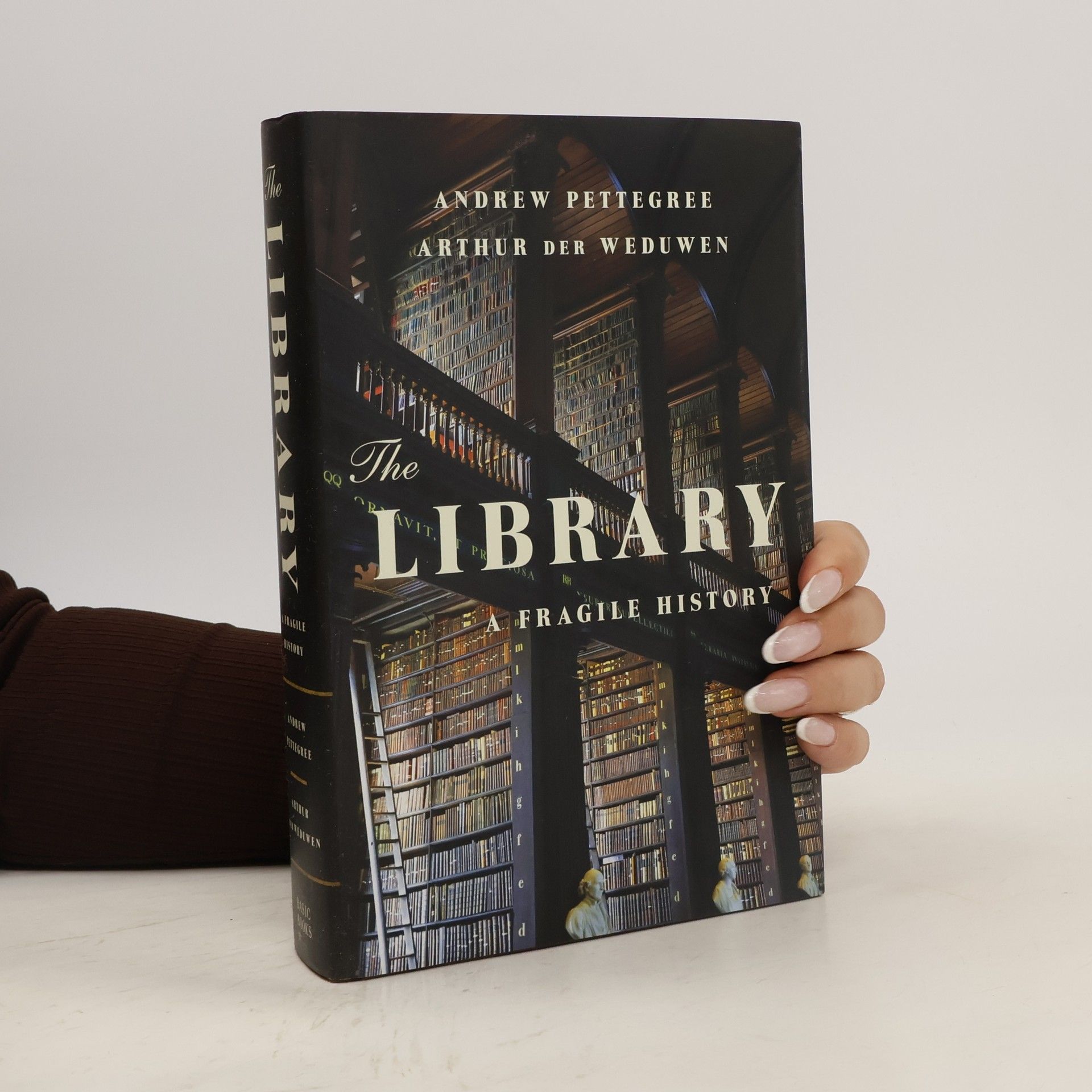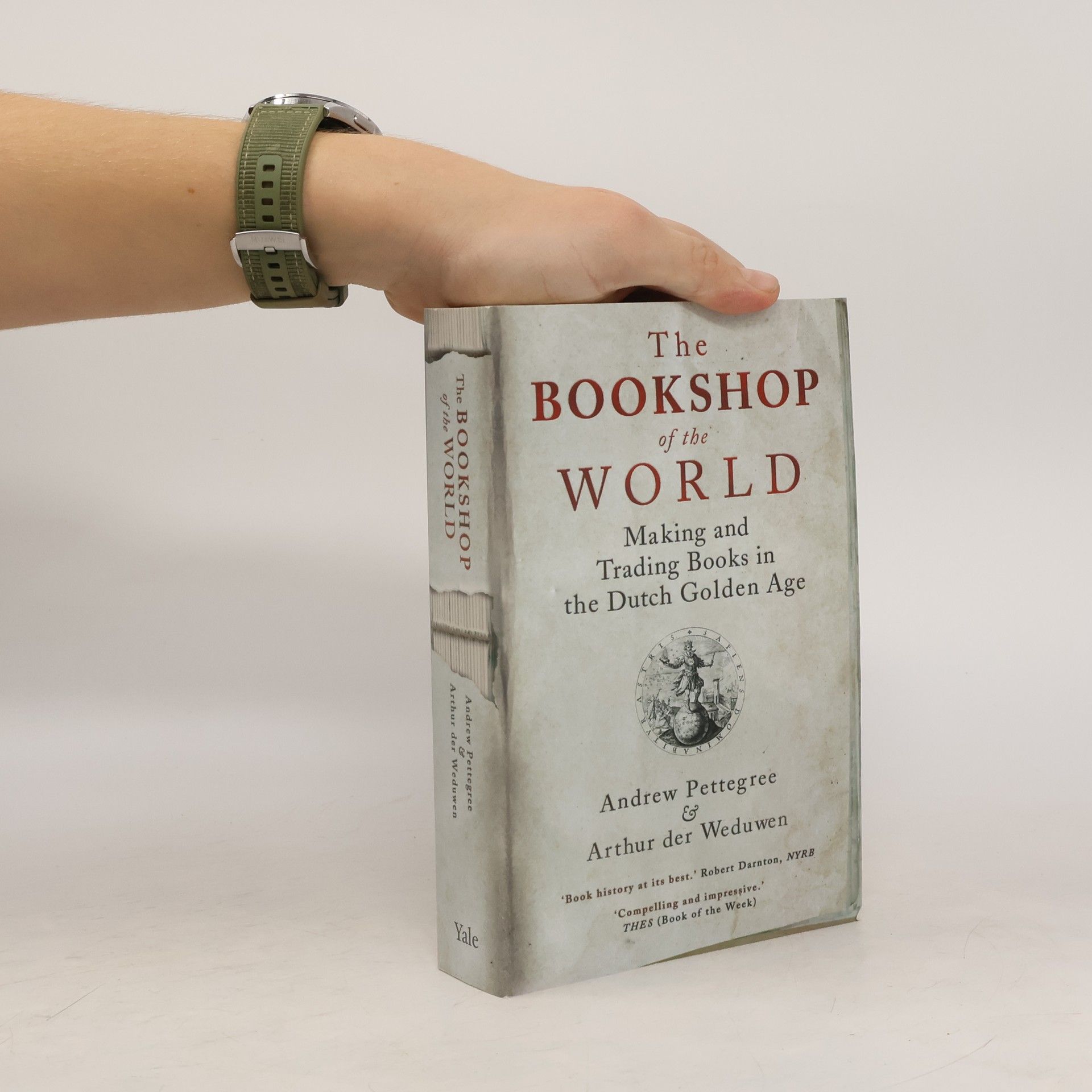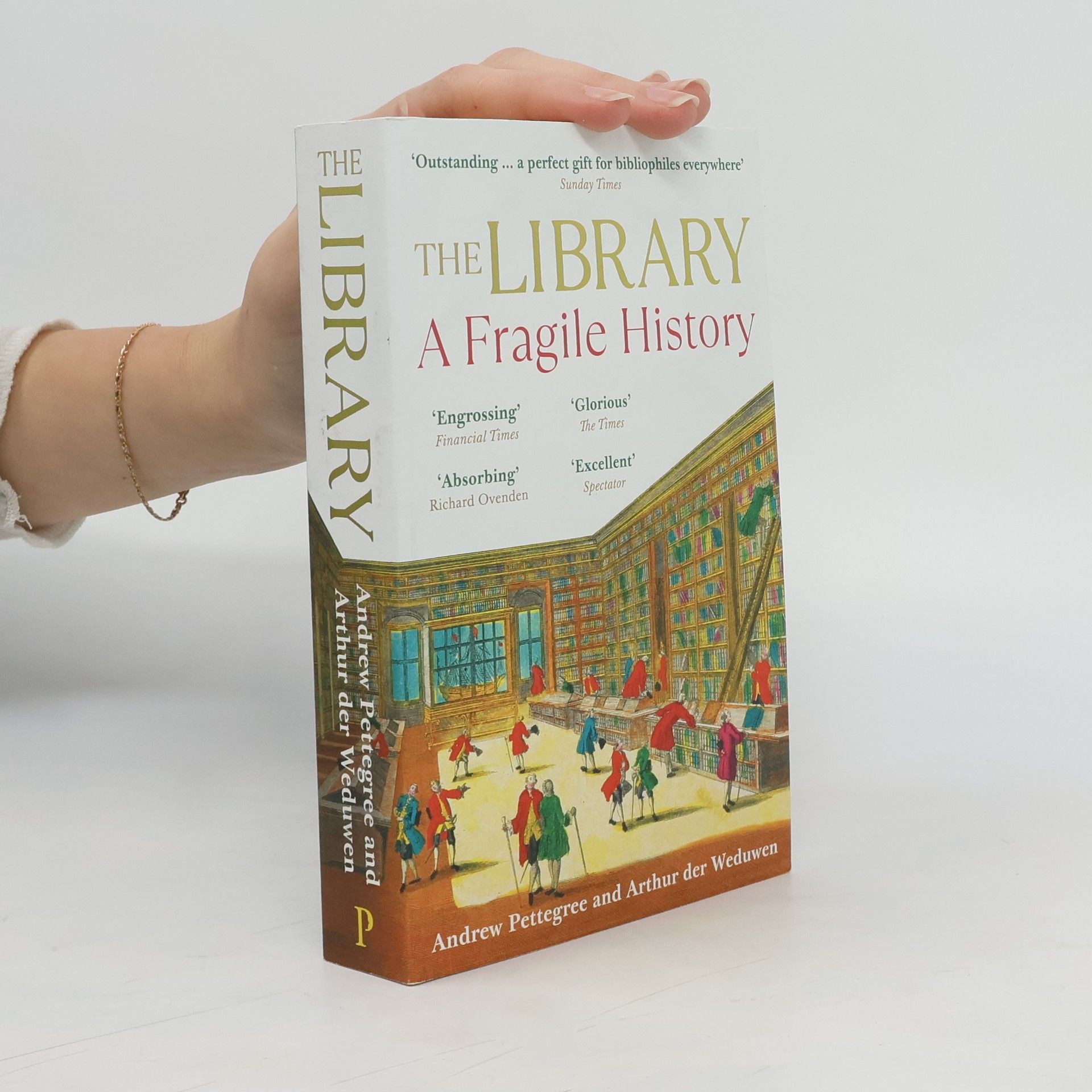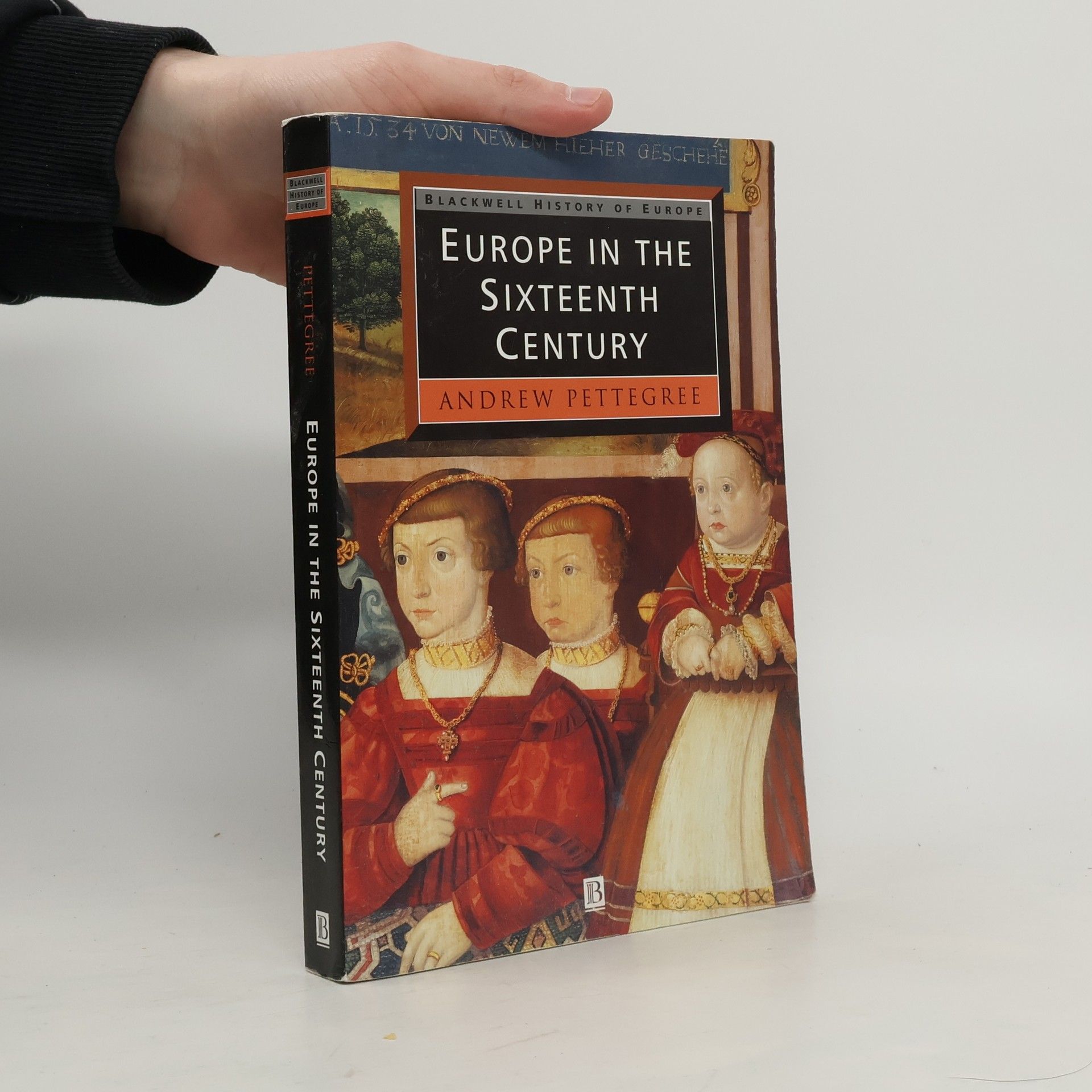Die Marke Luther
Wie ein unbekannter Mönch eine deutsche Kleinstadt zum Zentrum der Druckindustrie und sich selbst zum berühmtesten Mann Europas machte – und die protestantische Reformation lostrat
Als Martin Luther 1517 seine 95 Thesen an die Tür der Wittenberger Schlosskirche nagelte, war er praktisch unbekannt. Doch innerhalb weniger Jahre verbreiteten sich seine Ideen in ganz Europa und erschütterten den Kontinent in seinen Grundfesten. Luther wurde berühmt, ja berüchtigt. Wie hatte er das geschafft? Der wichtigste Reformator der Kirchengeschichte war nicht nur ein herausragender Theologe, sondern auch ein genialer Stratege, der ganz genau wusste, dass es nicht allein Argumente sind, die im Kampf der Ideen den Ausschlag geben. Mit sicherem Gespür für das, was wir heute Imagepflege und Marketing nennen, machte er sich die neue Technik des Buchdrucks zunutze, baute Netzwerke auf und schuf gemeinsam mit Lucas Cranach für sich und seine Lehre eine eigene Markenidentität. Andrew Pettegree zeichnet nach, wie es Luther gelang, sich in der Öffentlichkeit zu positionieren – als Kritiker der katholischen Kirche, als Vorkämpfer für Frauenrechte, als Demagoge, der auch gegen Juden wetterte. Er schildert den nachhaltigen Einfluss, den die Reformation auf das Buchgewerbe hatte, und umgekehrt. Vor allem aber erzählt er eine der wohl spannendsten Geschichten der Neuzeit: wie ein einfacher Mönch zum ersten Star des Medienzeitalters aufstieg.




